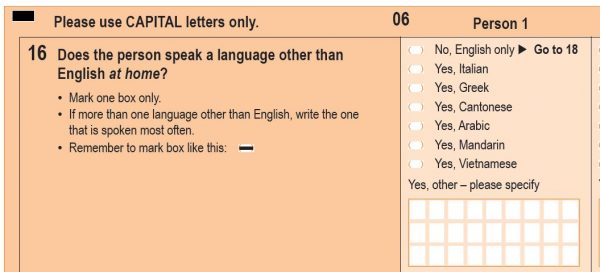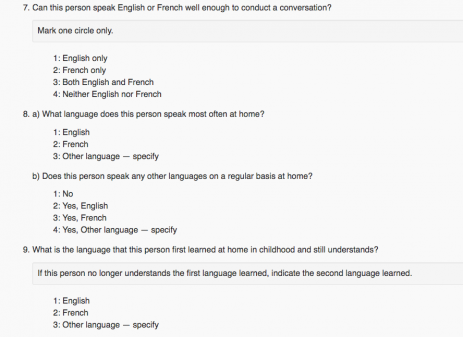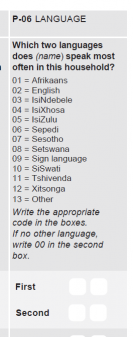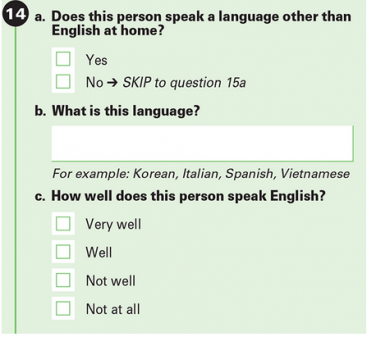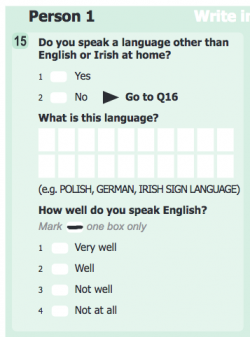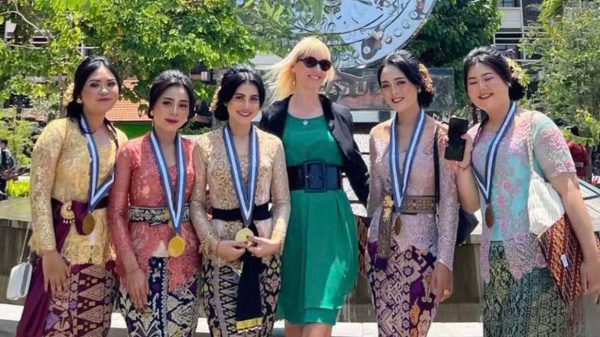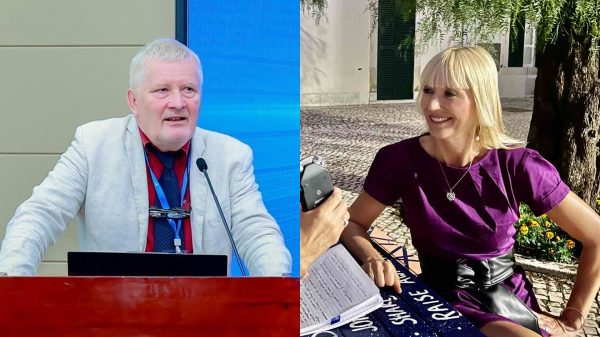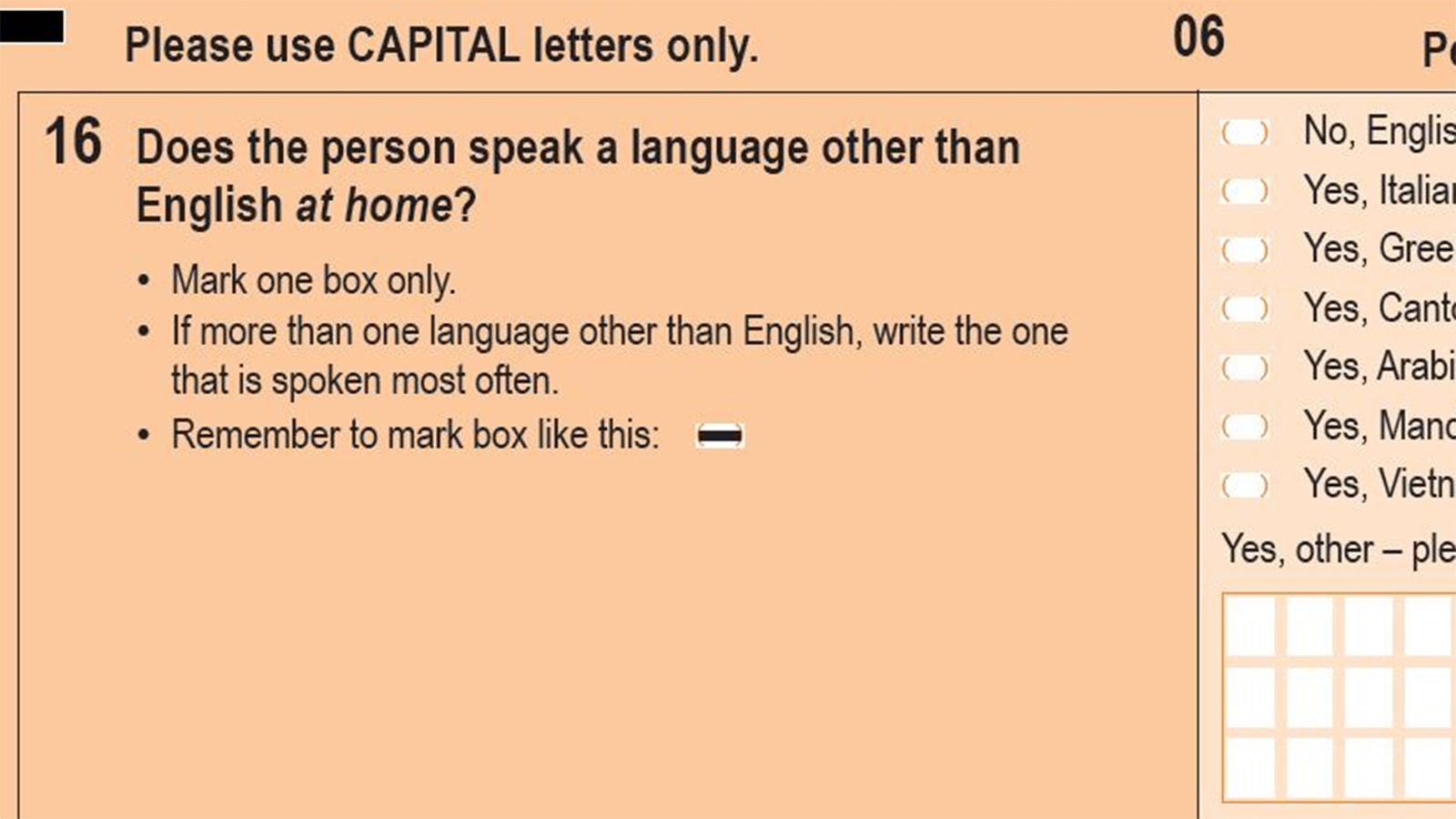
06.03.18
Census 2021
By Professor Yaron Matras – University of Manchester, Dr Thomas H. Bak – University of Edinburgh, Dr Mark Sebba – University of Lancaster and Professor Wendy Ayres-Bennett – University of Cambridge
An opportunity to acknowledge multilingualism
As four researchers in Linguistics working in the UK, we have sent a letter to the UK statistics authority, calling for a review of the wording of the question about languages in the next census. If you would like to support our campaign, please consider sending a similar letter to the UK Statistics Authority, and share a copy with us at mlm@manchester.ac.uk, or write to us to express your support. Please also view the attached documentation.
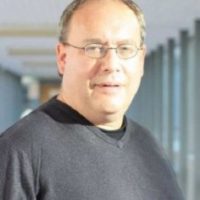
Professor Yaron Matras
University of Manchester
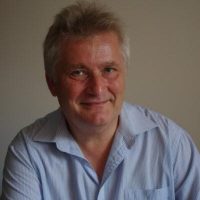
Dr Thomas H Bak
University of Edinburgh
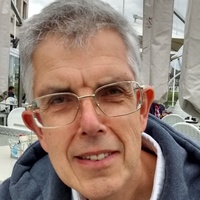
Dr Mark Sebba
University of Lancaster
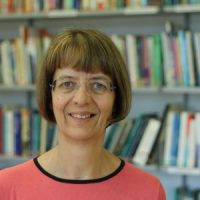
Professor Wendy Ayres-Bennett
University of Cambridge
Read our open letter to the UK Statistics Authority
Sir David Norgrove
Chair, UK Statistics Authority
1 Drummond Gate
London, SW1V 2QQ
5 March 2018
Question on Language in 2021 Census
Dear Sir David,
We write as university researchers with an interest and expertise in the UK’s language diversity.
The 2011 national censuses were the first to contain a question about language other than questions about the indigenous Celtic languages, which were asked in earlier censuses. This acknowledged the country’s language diversity, giving the government and the public an opportunity to assess language needs, to take an inventory of valuable language skills, and to gain a better understanding of a key element of the country’s cultural fabric.
However, the way the question was asked was based on the assumption that one person can only speak one ‘main’ language (or, in the Scottish version, just one language other than English at home). Accordingly, it did not allow participants to name different languages. The division into ‘main language’ versus English does not reflect the diversity and complexity of the current linguistic landscape in the UK. Research has found that many respondents under-reported their use of languages other than English, as the question ‘What is your main language?’ could be interpreted in different ways: Some interpreted ‘main language’ as the language they know best, others as the language they use most frequently, and others still as the language they feel most attached to emotionally.
We are aware that the ONS trialled a number of alternative questions before deciding on the ‘main language’ question (for England and Wales) and could not find a satisfactory question that allowed multiple languages in the response. Nevertheless we think that relatively small changes to the question, allowing for more than one language to be reported, would greatly improve the quality of the data and its usefulness. We believe that what is desirable is a question which would not force the respondents to choose between English and another language (e.g. their heritage or community language) and would allow them to name more than one language apart from English. We know of a number of countries that have successfully implemented such questions in their national censuses, in a variety of ways.
We would be pleased to discuss these and other options with officials from the Statistics Authority and provide any assistance required.
Sincerely,
Professor Yaron Matras, University of Manchester
Dr Thomas H. Bak, University of Edinburgh
Dr Mark Sebba, University of Lancaster
Professor Wendy Ayres-Bennett, University of Cambridge
Documentation
BBC News, 31 January 2013, Census data on languages in Manchester is ‘way out’
Census question on languages in other countries
Click on the images below to see examples of census questions on languages in other countries:
